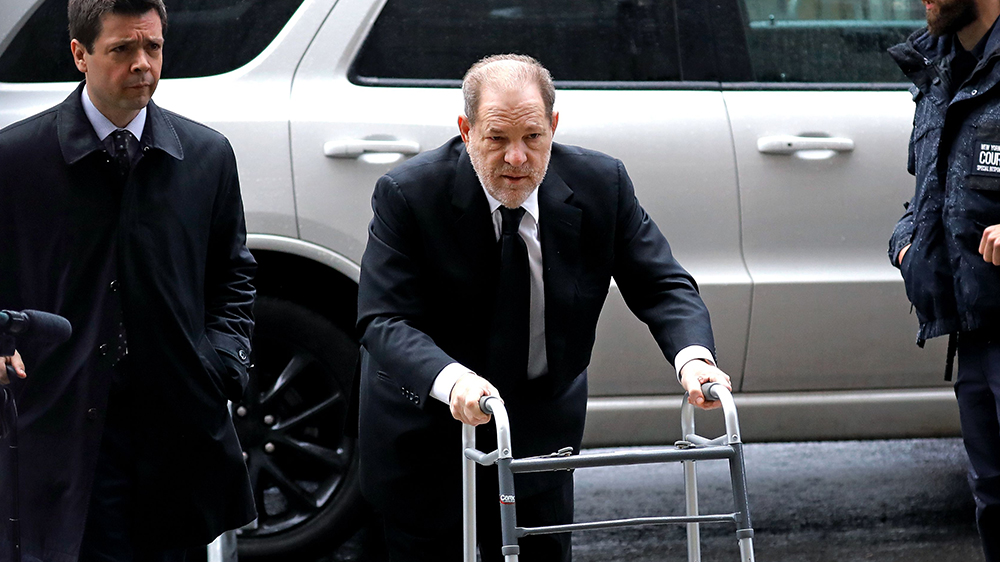Does Harvey Weinstein’s Jury Selection Strategy Make Any Sense?
By Gene Maddaus
LOS ANGELES (Variety.com) – Harvey Weinstein’s defense team appeared to have a strategy for jury selection: keep white women off the panel.
They didn’t put it that way, because picking jurors based on race or gender is illegal . But on Thursday and again on Friday, prosecutor Joan Illuzzi accused the defense of using its peremptory challenges to systematically exclude young white women.
The defense denied the accusation, citing other factors in each case, such as one woman’s experience as a model and another’s experience as a video editor.
Of the 12 jurors, two are white women. Both were seated after Weinstein’s team ran out of challenges. The defense objected so strenuously to one of the women — who has written a novel about predatory men — that it sought a mistrial when she was chosen.
“It doesn’t surprise me in the slightest that there would be a gender issue, and that the Weinstein team would be more inclined to be removing women,” says Valerie Hans, a Cornell University law professor who has studied juries. “I would be willing to bet they relied on empirical evidence from their research to exercise these peremptory challenges.”
The notion that young white women might be more hostile to Weinstein, and more inclined to sympathize with his accusers, makes some intuitive sense. But the research on the question is not so clear-cut, says Nancy Marder, professor at the Chicago-Kent College of Law.
“It’s hard to say that any of this is very useful,” Marder says. “These characteristics are not predictive.”
Stu Batchelder, professor of criminal justice at the University of North Georgia, has done research into “intra-female gender hostility.” His argument is that women are likely to be more skeptical of rape claims, and that Weinstein’s apparent strategy therefore has it backwards.
“If you are the defendant, you would want females on the jury,” Batchelder says.
Another factor is age. Defense attorney Arthur Aidala objected to seating a woman in her 20s, arguing she would not appreciate 1990’s-era gender dynamics.
“She wasn’t even born, maybe she was an infant, when some of the testimonies coming out took place,” Aidala argued. “A lot of the nuances in this case has to do with the way the world worked back in the 1990s, and that was a different time on Planet Earth and in Hollywood. This person does not have the life experience to even appreciate that… She would have to read history books for what took place in the early 90’s.”
The defense did not object to three other female jurors — two of of whom are black and one who is black and Latino — potentially insulating themselves from claim of blanket gender discrimination. The jury will also have seven men, six of whom are white.

